China and the United States are strengthening financial cooperation through the China-U.S. Financial Working Group, a positive and essential step for preventing global financial crises and injecting stability into the fragile global economy, experts said.
They commented after the China-U.S. Financial Working Group held its fourth meeting on Tuesday in Washington. The meeting was co-chaired by Xuan Changneng, deputy governor of the People's Bank of China, and Brent Neiman, assistant secretary of the U.S. Department of the Treasury, with financial regulators participating.
The PBOC, China's central bank, said on Wednesday that the two sides had "professional, pragmatic, candid and constructive" discussions on topics such as monetary policy and financial stability, financial supervision cooperation, institutional arrangements in financial markets, cross-border payment and data, sustainable finance, anti-money laundering efforts, countering the financing of terrorism and financial infrastructure.
The working group was established by the two sides in September to strengthen communication on financial topics.
U.S. Treasury Secretary Janet Yellen met with the Chinese delegation, and the two sides agreed to continue to maintain communication, according to the PBOC.
The meeting came shortly after Yellen visited China earlier this month, when the two sides agreed to continue to conduct exchanges on financial stability, sustainable finance, anti-money laundering and other issues under the framework of the financial working group.
Liu Ying, a researcher at the Chongyang Institute for Financial Studies of Renmin University of China, said the meeting was of great significance in delivering a positive signal that China-U.S. economic and financial ties are steadily recovering.
Liu said: "In recent years, the relationship between China and the U.S. has experienced significant fluctuations. The fact that the two sides are continuously engaging through the financial working group indicates that their bilateral relationship is moving toward stabilization and recovery, bringing a certain level of stability and certainty to the world economy."
The China-U.S. meeting came at a time when global stock and bond markets are under pressure, as recent U.S. inflation reports showed persistent price pressures and Fed officials have hinted that U.S. monetary policy may need to be restrictive for longer.
Liu Chunsheng, an associate professor at the Central University of Finance and Economics' School of International Trade and Economics, said that against such a backdrop, it is of particular significance for China and the U.S. to strengthen exchanges concerning monetary policies and financial stability.
"This will help the two sides better understand each other's monetary policy moves, strengthen mutual trust and work together to address any potential financial stresses," Liu said.
According to the U.S. Department of the Treasury, the two sides held a technical exchange in March to discuss each jurisdiction's approach to financial stability oversight and make plans for technical exercises on financial stability.
Liu from Renmin University of China said that if the U.S. does not lower interest rates, that could exacerbate global financial fragility by intensifying the pressures of local currency depreciation and capital outflows in other economies. It also could sustain the stress within the U.S. banking system and increase the vulnerability of elevated U.S. government debt, she said.
Therefore, the world's two biggest economies "need to and must" strengthen communication for macroeconomic policy coordination, Liu said, adding that the U.S. side should keep China updated on its monetary policy decisions, while the Chinese side should help ensure that the U.S. avoids implementing beggar-thy-neighbor monetary policies.
Also on Tuesday, the China-U.S. Economic Working Group held its fourth meeting, during which officials from both sides exchanged views on topics including the macroeconomic situations of the two countries as well as the world, balanced growth, and future communication arrangements, the Ministry of Finance said on Wednesday.
China expressed concerns over U.S. trade and economic restrictions against China and provided further responses on the production capacity issue, the ministry said.









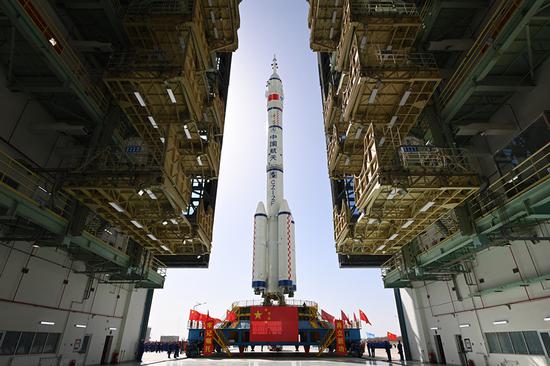



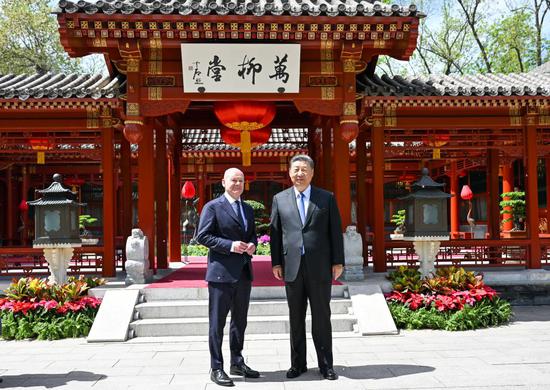



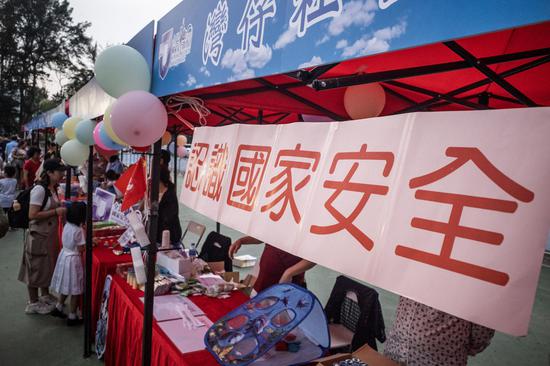



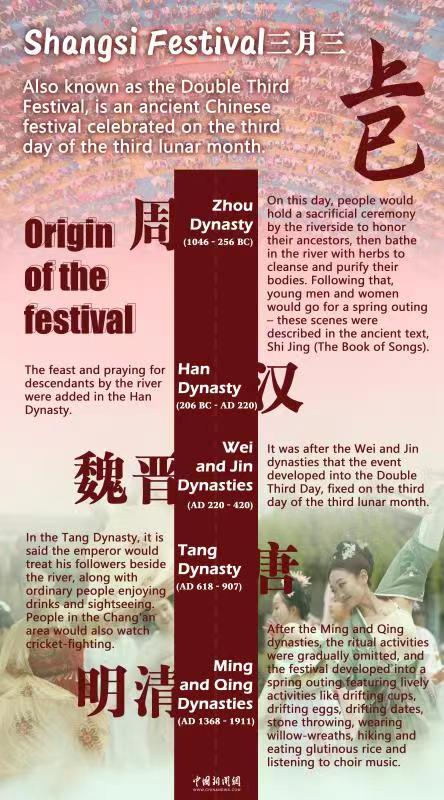
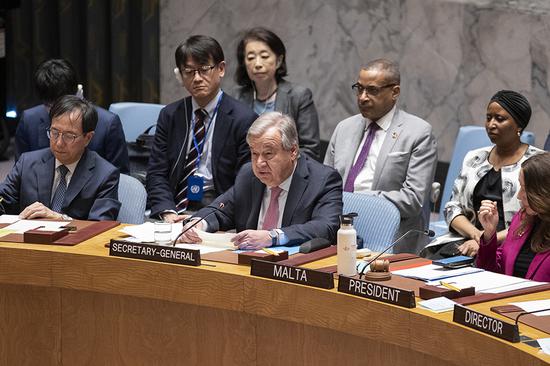
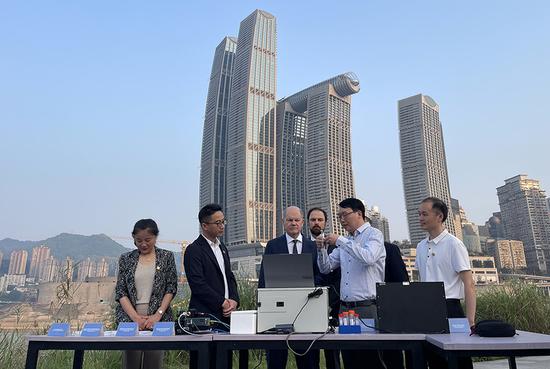
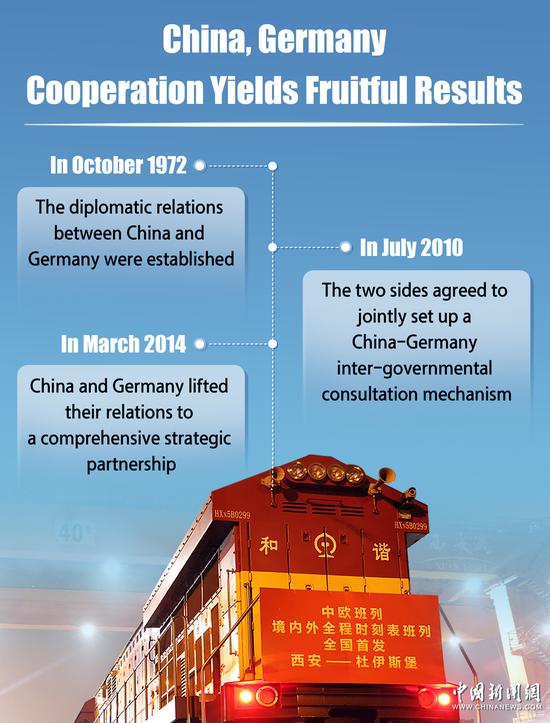

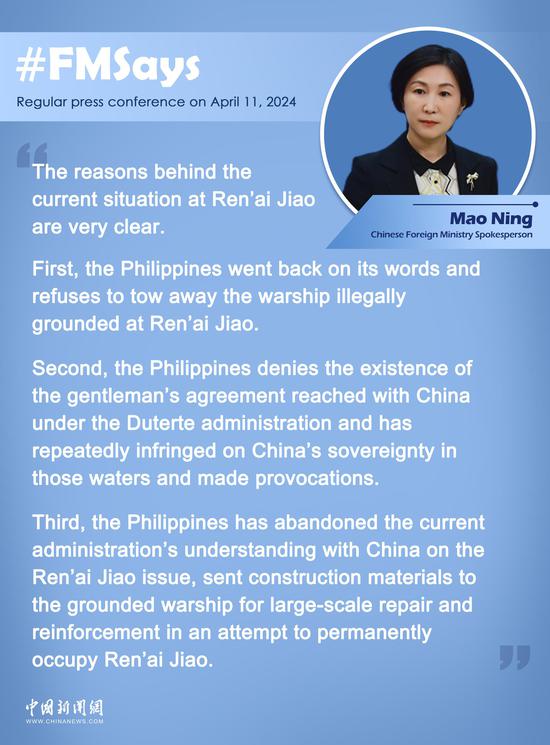
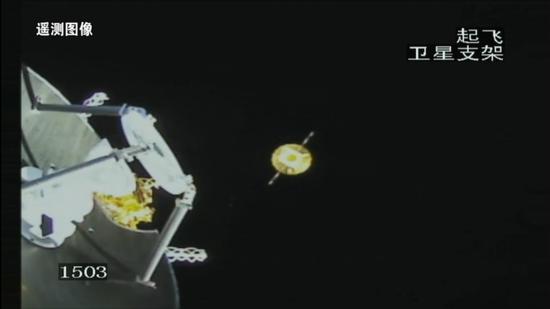



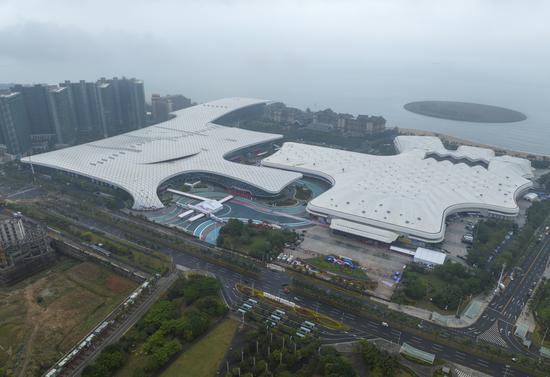


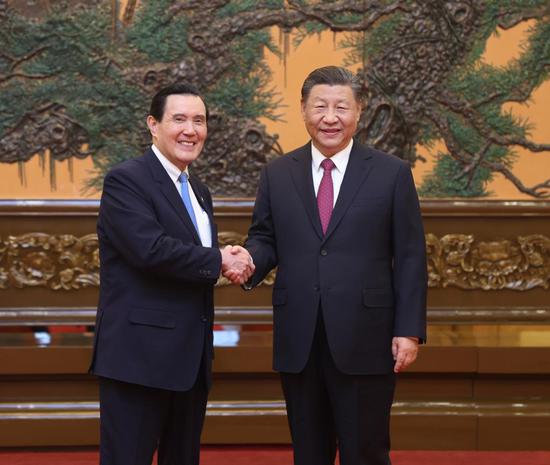

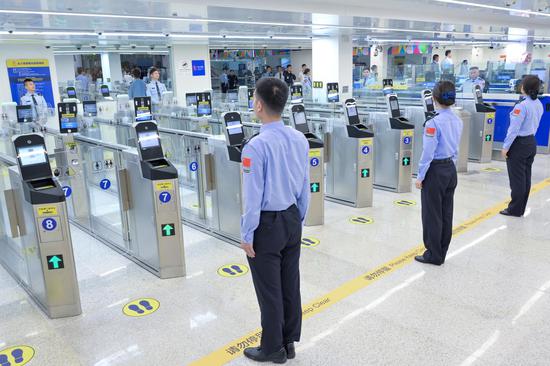
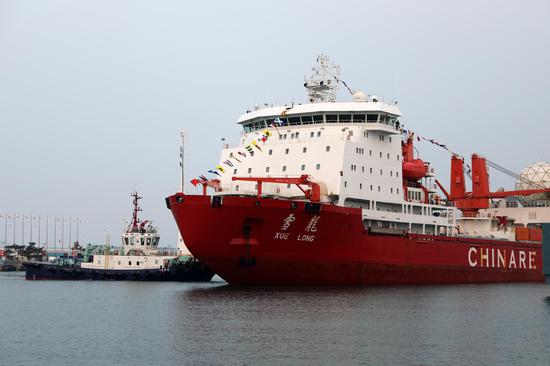












 京公网安备 11010202009201号
京公网安备 11010202009201号